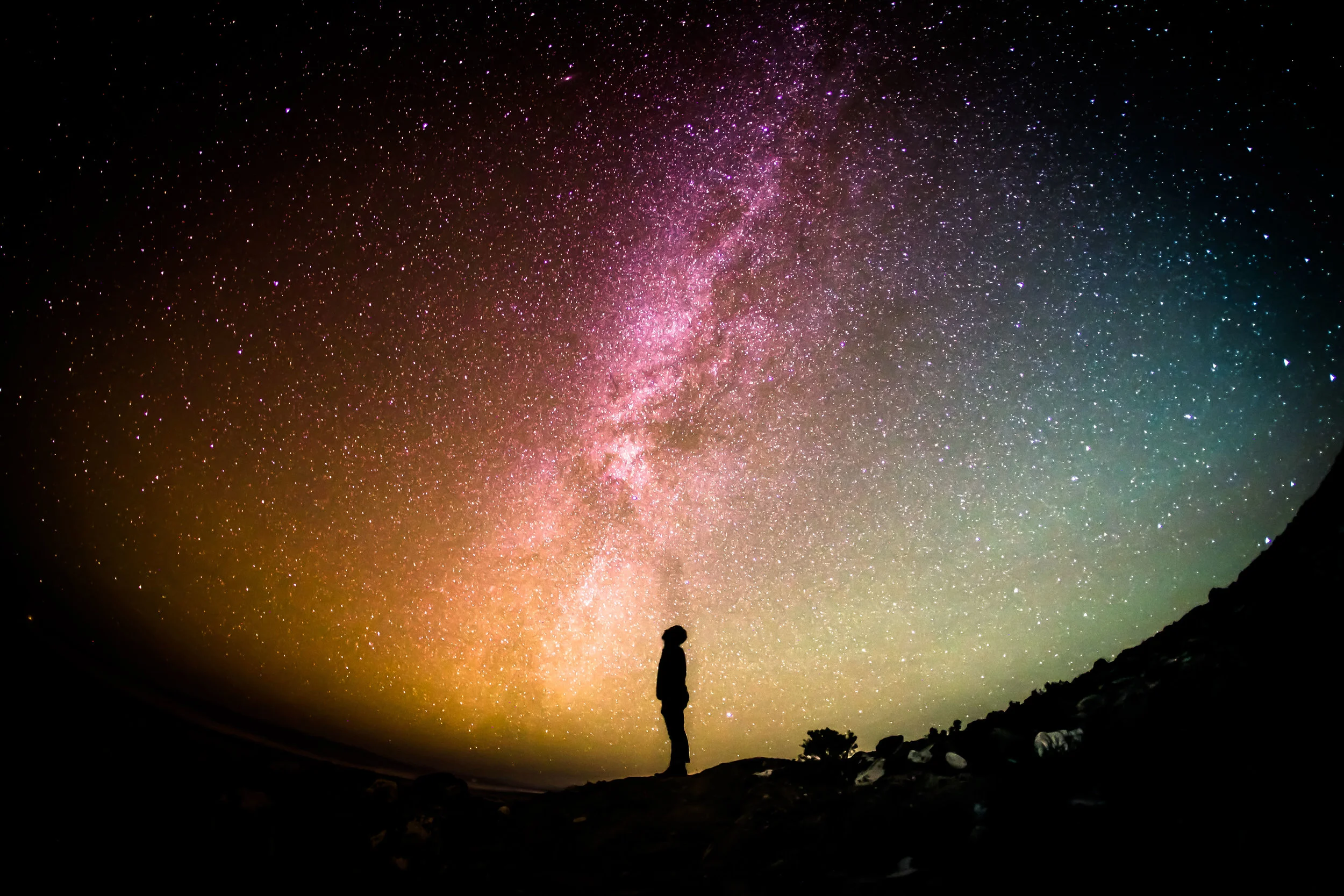WHY BELIEVE IN GOD? NATURE (CREATION) AND NURTURE (REVELATION)
Look around.
We live in an intricately interconnected and complementary world, with remarkable complexity and startling beauty. Consider the small – the simplicity of a cell or an atom, and how they form the building blocks for all that we see and touch. Think about how cells form seeds, and how such a small package can unfurl into something as strong and majestic as a tree, or as delicate as a flower.
Think about the complexity of a human organ, like the eye, and how many of these improbably complicated organs are packaged together into the human person, performing like a symphony to support and sustain every human life.
Now consider the probability of this all happening by chance. Science has shown the odds are overwhelmingly against it – in fact, it is nearly impossible. It would be like thinking that the Mona Lisa was created by paint randomly falling onto a canvas, after the paint spontaneously burst into being.
We can very reasonably recognize there is a creator because of the staggering breadth and depth of the created world coupled with its utter improbability.
Nearly every civilization throughout history acknowledged this – that something so vast, so finely tuned and detailed, with so many interrelated and interconnected contingencies, could not be a chemical accident. Said another way, we can know God exists through the created natural order.
We can also know God by the way he revealed himself and nurtured humankind. God did not spin the world into existence then blithely turn his back. He revealed himself throughout history, like a bridegroom to his bride, slowly lifting the veil on who he is and why he created us. This revelation was captured in a library of books and letters, written by many authors and using a variety of styles and genres, in what is now known as the Bible.
As part of this revelation, God called himself, “I am.” He confirmed that in the grand scheme of things, when tracing the origins of an extraordinarily ordered and nuanced universe, the buck has to stop somewhere. There has to be an uncreated creator - an unmoved mover. As theologian Dr. Peter Kreeft says, “the Big Bang required a Big Banger.” That is the great, “I am.”
And what is at the core of who “I am” in fact is? Love.
The Bible's first letter of Saint John shares that God is love. Not something like love, or partly love, or that love is part of Him. He is love itself. He even went to go so far as to say that you can’t know love if you don’t know God, and you can’t know God if you don’t know love. They aren't just interrelated - they are one in the same.
I would even be so bold as to suggest that that line - God is love - carries the three most important words in all of history. While sharing that the great I AM actually IS, the phrase also succinctly says what and who he is and why we’re here. Love is the umbrella under which we can rest and entrust our faith while navigating the many trials and mysteries that fall under it.
You see, your very creation by love itself was an act of love. You were created in love, by love, for love. That is your source of existence and reason for being. You are not some random organism spawned from an impersonal universe. God has known you from the beginning of time, stitched you in your mother’s womb, created you in his image and likeness, and holds you perpetually in the palm of his hand - he never ever leaves your side and never stops pursuing you.
And because God revealed himself as a loving father and not some temperamental slave driver, he is a God you can place your trust in, have faith in, enjoy hope in, and a God you can find true peace and joy in. Another of the writers within the library of the Bible, Saint Paul, shared that, “faith, hope and love – these three remain. But the greatest of these is love.” Faith and hope are a conduit to love itself, but without the assurance of love, it would be difficult to retain either.
Why does it matter, you may ask? By living in union with God - with love itself - we find true happiness and joy, because we are living the lives we were created to live. When we live apart from that love and that plan, we are anxious, feeling like something is missing. The fourth century scholar Augustine recognized this, saying, “Our hearts grow restless until they rest in God.”
Look around. The evidence for God is abundant. We see it in the complexity and improbability of the natural order, and through God's unveiling of himself throughout history - in nature (creation) and nurture (revelation). And when we recognize that, we can reasonably rest in faith and hope under the umbrella that God is love.
Photo Credit - Greg Rakozy

